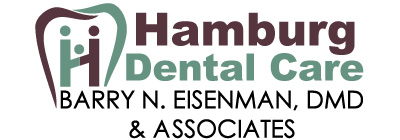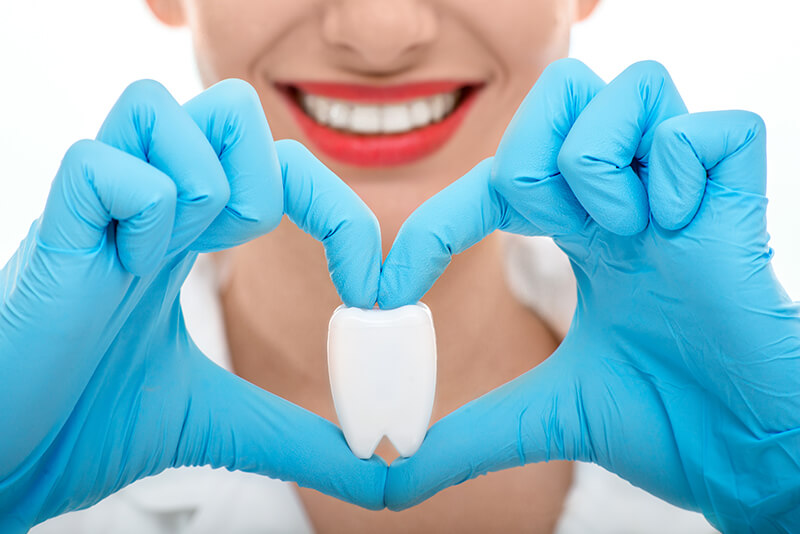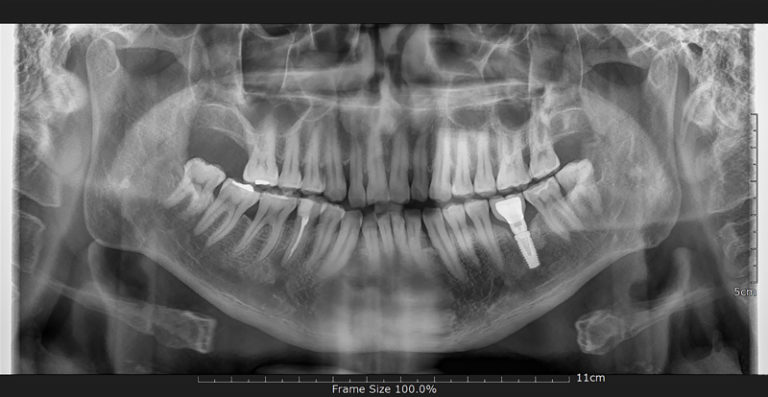For many people, oral health is about the look of their teeth or the smell of their breath. However, in the last decade, research has proven that the condition of a person’s oral health has a significant impact on their core body system, including the heart.
It is well understood the mouth has many bacteria at any given time. In fact, bacteria are often the cause of plaque and cavities.
Studies show that the bacteria in your mouth can easily hitch a ride to other areas of the body. Therefore, it is not surprising that poor oral health has recently been linked to heart disease and stroke.
The Culprits of Poor Oral Health
Oral bacteria are a bit like organized crime – it has its fingers in just about everything. According to peer-reviewed research published by the British National Health Service and independent studies, these microscopic organisms can cause problems with heart health and strokes.
Originally, studies found a correlation between teeth loss and early stroke occurrence. Bacteria inside the mouth finds a channel into the bloodstream. Once the bacteria are in your bloodstream a reaction which produces C-reactive protein to increase occurs and begins to make its way to the heart.
C-reactive protein causes inflammation in the blood vessels throughout the body. When the restriction due to inflammation happens, the body can begin to have problems with cardiovascular flow. This leads to strain on your organ and ultimately, the risk of stroke.

The correlation between poor oral health and risk of stroke is so high, even the U.S. Centers for Disease Control and Prevention (CDC), have agreed with completed independent studies.
Preventing Oral Decay
While all bacteria cannot (and should not) be removed from one’s mouth, there are ways to reduce the risk it might cause. (There is good bacteria too.)
Controlled, oral bacteria are fairly harmless. Controlling bacteria involves regular brushing, flossing, and visiting the dentist. But remember that abnormal gum loss or pain anywhere in the mouth should be discussed with your dentist immediately.
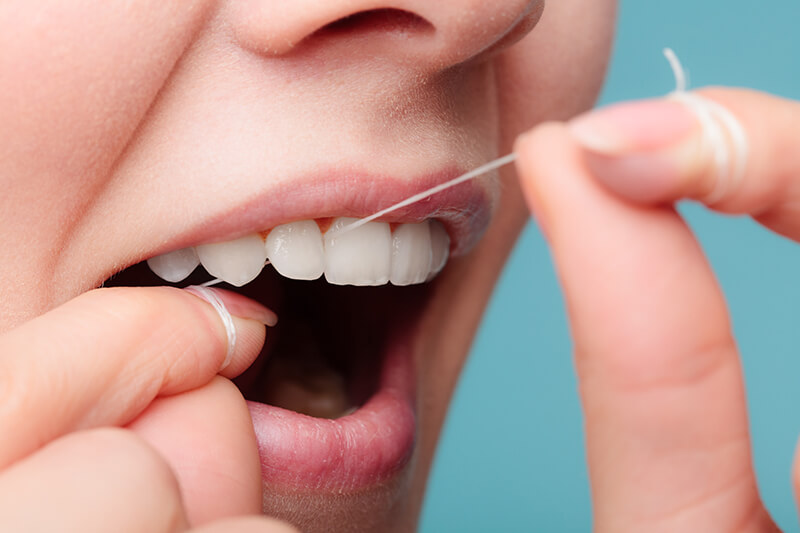
Personal care and preventative cleaning on a regular basis can go a long way toward halting the progress of periodontal disease. If not stopped, gum loss can open the teeth and body up to serious problems. These issues include jaw and bone infections and the invasion of oral bacteria into the bloodstream.
Due to increased pain, it’s common for people to avoid brushing, flossing, and professional cleaning. Fortunately, there are options to help.
• Try toothpaste with a slight numbing agent to allow for brushing without discomfort.
• If flossing is painful – just keep trying. Flossing will stop hurting after the first few times as the process clears out material and the gums begin to heal.
• And, let’s face it, professional cleaning stops hurting so much for the same reason; when the gums are healthy, there’s less to clean and less pain caused.
How to Stay Healthy
So, yes, while there is a researched risk of stroke from poor oral health, the good news is that it is very preventable. And even better, people can perform much of the prevention themselves versus relying on costly treatments.
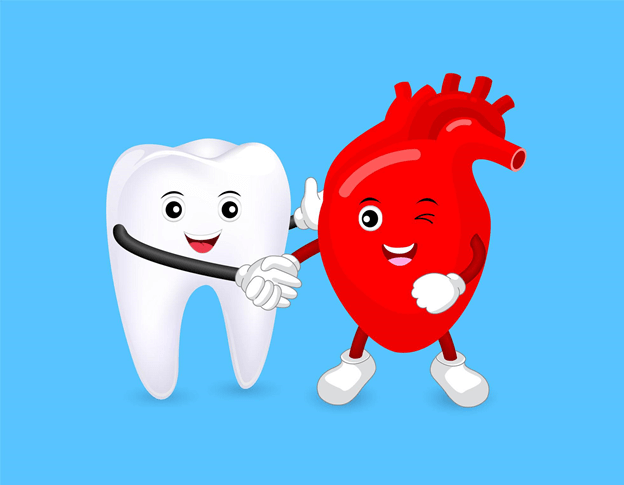
Your dentist can easily help too with routine cleanings and exams. So, do not avoid the prevention, embrace it. Doing so could be the difference between life and death.
And it’s not hard to find a dentist in Hamburg either. At Hamburg Dental Care we have dental exam and cleaning services for the entire family. No matter your age, good dental care and hygiene translates into a better and longer life, hands down.
